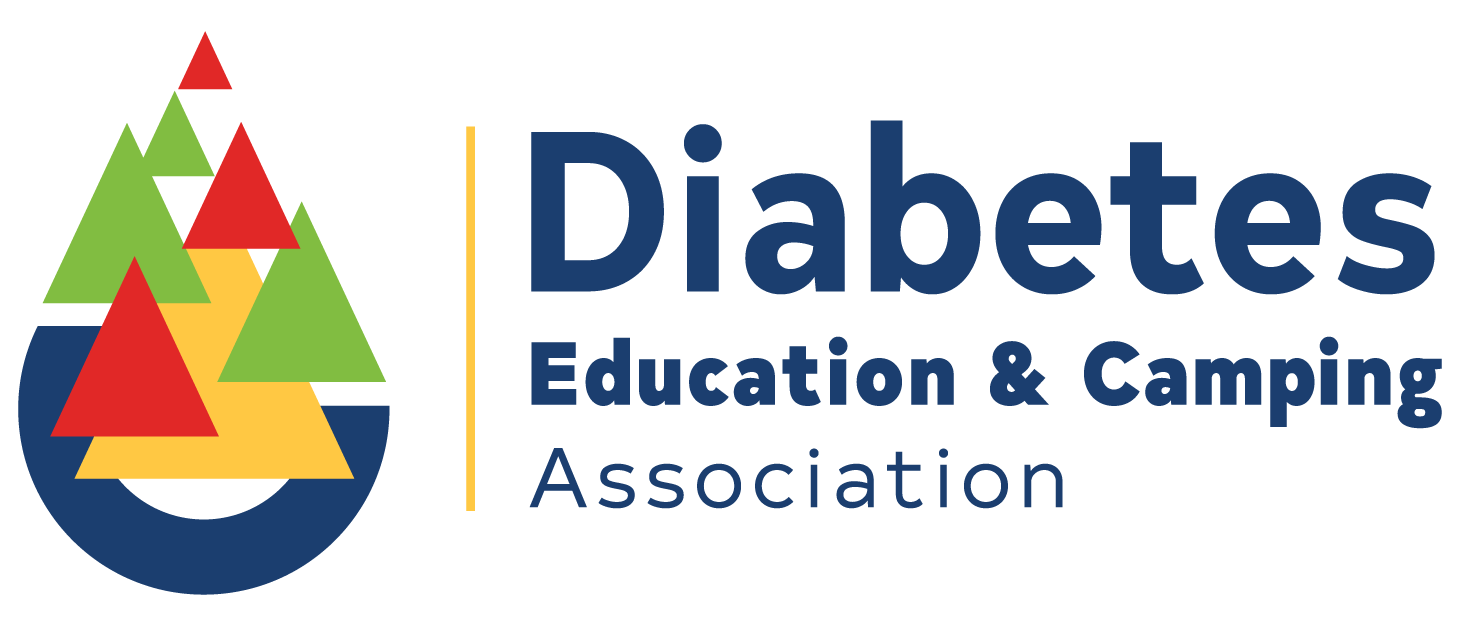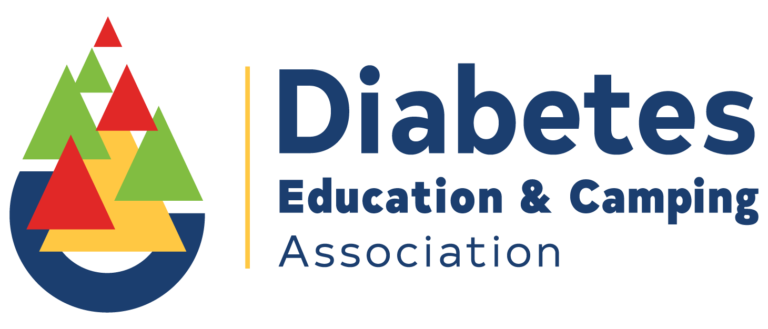Kelsey Dunman, Director of Operations
Gales Creek Camp Foundation
When I was seven years old, I was diagnosed with Type 1 diabetes. Sitting in the hospital, I realized that I didn’t know a single soul who was experiencing the same new challenges and changes that my family was. My mind was flooded with the question that I have now seen countless kids with T1D wrestle with: “Am I the only one?”
Thankfully, I was connected with the diabetes camp community just months after my diagnosis. Through camp, I found a sense of confidence and positivity in facing life with T1D. Not only did I find peers and mentors who understood the emotional, physical, and technical challenges of T1D, but I truly found “my people”. Suddenly, every scary part of T1D was far less lonely. I had people I could turn to when the frustration of a stubborn high blood sugar made me want to scream, or on the days when I felt sick from treating so many lows. I had people to compare notes with when attempting to count the carbohydrates in a piece of cheesy, doughy pizza. The friends I made at camp are still my best friends today. These friends stuck with me through thick and thin as we faced the challenges of growing up with T1D.
When my time as a camper came to a long-dreaded close, I began to feel a tugging sense of purpose. I wanted to do everything in my power to ensure every child with T1D had the same support and community that I had found at camp. I worked closely with two diabetes camps in Oregon, serving as a counselor, then program leader, and eventually working year-round for the organizations that host each camp.
As I started my career in diabetes camping, I found myself leaning into the day-to-day work, soaking up the rewarding connections with camp families, obsessing over scheduling, and spending intentional time getting to know each camper. What I didn’t realize would be so instrumental in this work, was finding the same type of support system that I had relied so heavily on as a child. I met fellow camp counselors, directors, and mentors who understood the complexities, goals, and rewards of diabetes camp. Connecting with people who so deeply understood and shared my own passions became essential to my professional development, my ability to assess situations and make critical decisions, and my incorporation of innovation in camp programming. Through local circles, camp co-workers, and opportunities like the annual DECA conference, I discovered that this community is made up of unique individuals who bring their own personal stories, backgrounds, challenges, and successes to the table of diabetes camping, fervidly striving to create spaces for kids with T1D to discover their own sense of belonging.
Finding “my people” as a child with T1D allowed me to accept my most authentic self. Finding “my people” as a diabetes camping professional allows me to continue to thoughtfully and collaboratively create the most successful space for today’s campers to do the same.

